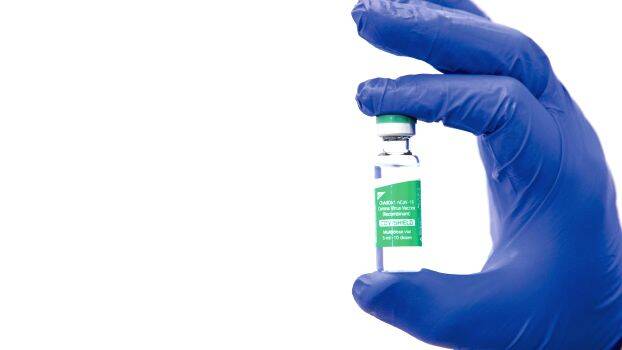




NEW DELHI: From studying the effectiveness of a single dose of Covishield to mixing vaccines, the Centre is considering tweaking its vaccine strategy, according to several media reports.
This gains significance coming in the backdrop of India, which is battling the second wave of the COVID-19 pandemic, facing a severe vaccine shortage.
All the vaccines currently authorised for use in India — Covishield, Covaxin and Russia’s Sputnik V — are two-dose vaccines.
As per Indian Express, the Centre plans to review the impact of its decision to extend the interval between doses of Covishield once it obtains data from a newly proposed vaccine tracking platform to be launched shortly.
The platform, which is to be linked to CoWin, will allow people to flag their worries after a shot, after which a district officer will follow up on the cases, NDTV reported.
The data may help the Centre decide whether to approve a single-dose regimen for Covishield, sources told Indian Express. Data from the platform is slated to be analysed around August, sources further told the newspaper.
Government sources speaking to NDTV further said that Covishield originally began as a single dose option before effectiveness studies recommended two shots and that there is a view that a single shot provides enough protection from the virus.
The Johnson & Johnson and Sputnik Light vaccines, both single doses, are based on a similar principle as Covishield, sources told NDTV. Thus, Covishield should work as a single dose vaccine too, sources added.
An official speaking to News18 on condition of anonymity said,“We are waiting for clearances from the National Ethics Committee (under the health ministry) …to begin studies on both — mix and match of two different vaccine doses as well as a single shot of Covishield,” the official said.
If Covishield is approved as a single-dose COVID-19 vaccine, it would help the government widen the base of population coverage quicker.
However, questions about the wisdom of such a strategy abound.
The Centre has already increased the gap between Covishield -- the Indian version of the AstraZeneca-Oxford University vaccine -- doses from 6-8 weeks to 12-16 weeks, a move critics claimed was aimed at buying time to fix the shortage.
As per The Wire, a recent study by Public Health England (PHE) on the B.1.617.2 variant of the novel coronavirus , first identified in India, found that only a double dose of Covishield could provide strong protection against COVID-19 .
The study said:
“Two doses of the AstraZeneca vaccine were 60% effective against symptomatic disease from the B.1.617.2 variant compared to 66% effectiveness against the B.1.1.7 variant [first identified in the UK]… Both vaccines [AstraZeneca and Pfizer] were 33% effective against symptomatic disease from B.1.617.2, 3 weeks after the first dose compared to around 50% effectiveness against the B.1.1.7 variant.”
Narendra Kumar Arora, chairperson of one of India’s COVID-19 working groups, raising issues such as small sample size and the uncertainty band surround the 33% efficacy estimate, recently told Karan Thapar in an interview with The Wire that the Centre will ignore the results of the UK study.
Over 21 crore COVID-19 vaccine doses have been administered in the country as of Saturday, as per the Union health ministry.